 Petzlover
Petzlover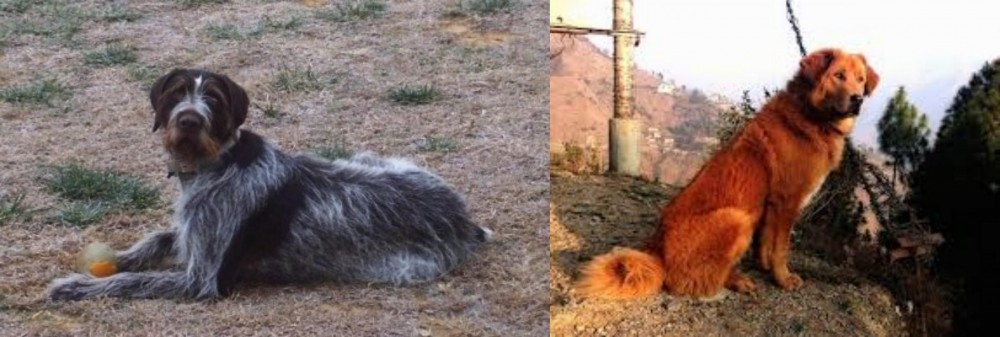 Deutsch Drahthaar is originated from Germany but Himalayan Sheepdog is originated from India. Both Deutsch Drahthaar and Himalayan Sheepdog are having almost same height. Deutsch Drahthaar may weigh 13 kg / 28 pounds lesser than Himalayan Sheepdog. Both Deutsch Drahthaar and Himalayan Sheepdog has same life span. Deutsch Drahthaar may have less litter size than Himalayan Sheepdog. Deutsch Drahthaar requires Moderate Maintenance. But Himalayan Sheepdog requires High Maintenance
Deutsch Drahthaar is originated from Germany but Himalayan Sheepdog is originated from India. Both Deutsch Drahthaar and Himalayan Sheepdog are having almost same height. Deutsch Drahthaar may weigh 13 kg / 28 pounds lesser than Himalayan Sheepdog. Both Deutsch Drahthaar and Himalayan Sheepdog has same life span. Deutsch Drahthaar may have less litter size than Himalayan Sheepdog. Deutsch Drahthaar requires Moderate Maintenance. But Himalayan Sheepdog requires High Maintenance
 Hailing from Germany in the 20th century, the Deutsch Drahthaar, also known as the German wirehaired Pointer, has always been a hunting dog. He was developed to take part in hunting in field or water.
Hailing from Germany in the 20th century, the Deutsch Drahthaar, also known as the German wirehaired Pointer, has always been a hunting dog. He was developed to take part in hunting in field or water.
Breeders of this dog were successful in developing a skilled and versatile hunting dog that took its traits from the best coarse haired dogs.
It was in 1902 that the German breed club for the Deutsch-Drahthaar was founded.
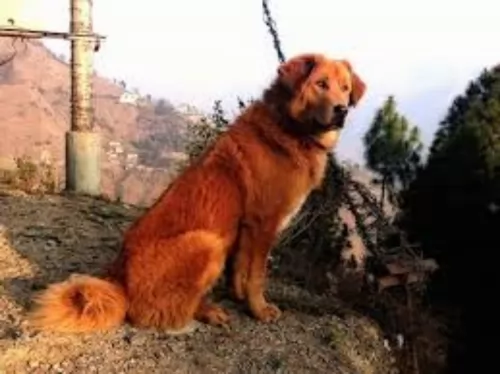 The Himalayan Sheepdog comes from Nepal originally and was bred as a guardian for livestock. The exact location where the breed comes from is not documented well but it is thought that they come from North India and Nepal and they are rare outside of that area. They are a mountain dog – close in ancestry to the Himalayan Mastiff, and the Kinnaur Sheepdog of Tibet (Himalaya). All these Himalayan mountain dogs were all called “Gaddi dogs”. The term was used for all the large dogs no matter what their breeds actually were.
The Himalayan Sheepdog comes from Nepal originally and was bred as a guardian for livestock. The exact location where the breed comes from is not documented well but it is thought that they come from North India and Nepal and they are rare outside of that area. They are a mountain dog – close in ancestry to the Himalayan Mastiff, and the Kinnaur Sheepdog of Tibet (Himalaya). All these Himalayan mountain dogs were all called “Gaddi dogs”. The term was used for all the large dogs no matter what their breeds actually were.
The Himalayan Sheepdog is called by various names depending on where they were from. They are called Gaddi Leopardhund in Himachai Pradesh, In Nepal they are known as Bhote Kukkur or Bhotiya. Then there are Chamba Gaddi dogs. They are an ancient breed that existed before documentation on breeds was kept.
They acted as both guardians and herders. They guarded the mountain men’s encampments as well as the livestock. They were also used at times to hunt large animals. Today they are found only within Nepal and India. These Himalayan Sheepdogs are on the verge of extinction in India. There are no breeding programs and their isolation has caused the dilution of the gene pool. It is not recognized by any clubs including the UKC and the AKC.
 The Deutsch-Drahthaar is a medium sized well muscled sporting dog standing at 61 to 68 cm and weighing 27-32kg.
The Deutsch-Drahthaar is a medium sized well muscled sporting dog standing at 61 to 68 cm and weighing 27-32kg.
He is very distinguishable with his wiry water-resistant coat which comes in different colors such as liver, grey or black patches with a speckled or ticked background.
He has strong, straight legs with rounded paws which are webbed for strong swimming abilities. He has dark eyes with floppy, high set ears and a long tail. Many people still want the dog to have that distinctive look and they opt to have the tail docked.
The Deutsch-Drahthaar is a fantastic hunting companion, loving nothing more than to be working at running across fields and plunging into water to retrieve prey.
Its the kind of dog that will fit well into family life but he will require exercise. Failing to give him exercise and attention will make him bored, frustrated and destructive.
He is a friendly, gentle dog yet he becomes protective when he feels his family is threatened. Training and socialization turn him into an excellent pet as he is a strong-willed dog that will take advantage of an owner who isn’t firm with him.
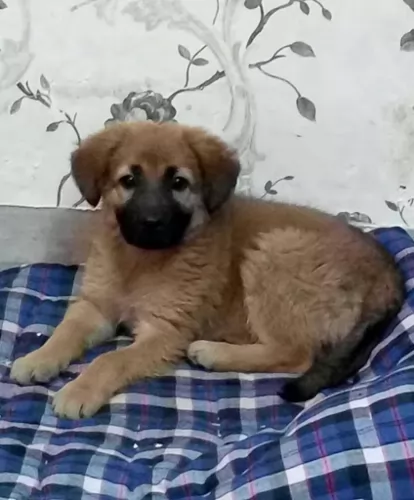 The breed is a large dog, very athletic and strong. The Himalayan Sheepdog is muscular with a deep chest, strong neck and strong shoulders. It has a medium tail that is thick and busy, curled high over its back. It is a daunting dog that can be very intimidating. They have well padded and large paws. With a broad head and wide forehead, they have a strong, wide muzzle. Their ears are high on the head and hang from the sides. They have almond shaped medium eyes that are deep set with a black nose.
The breed is a large dog, very athletic and strong. The Himalayan Sheepdog is muscular with a deep chest, strong neck and strong shoulders. It has a medium tail that is thick and busy, curled high over its back. It is a daunting dog that can be very intimidating. They have well padded and large paws. With a broad head and wide forehead, they have a strong, wide muzzle. Their ears are high on the head and hang from the sides. They have almond shaped medium eyes that are deep set with a black nose.
They are a very active and swift dogs. By their nature they are constantly in motion, patrolling their territory and guarding their flock and people. Their devotion to their people and their courage is the stuff of legends. Their coat is double with a large ruff around their necks that resembles a mane. The inner coat is dense and short while the outer coat is longer but dense as well.
 The German Wirehaired Pointer is an active, energetic dog who is happiest when performing a task or getting some exercise in. He is also a social dog, who loves spending time with his human family. It is important for him to get noticed by his human family, and he is a dog that gets on well with children in the home as well as pets.
The German Wirehaired Pointer is an active, energetic dog who is happiest when performing a task or getting some exercise in. He is also a social dog, who loves spending time with his human family. It is important for him to get noticed by his human family, and he is a dog that gets on well with children in the home as well as pets.
Never just put your Pointer in the back yard and expect him to entertain himself. He wants to be included in all your activities, whether you’re walking, jogging or cycling.
A happy Deutsch Drahthaar will make sure that he gives you your full quota of love, loyalty, protection and companionship.
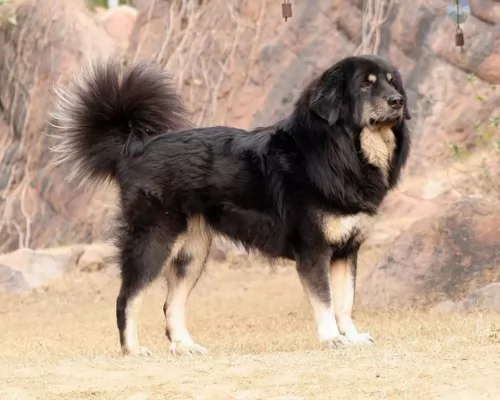 Yes with enough proper socialization
Yes with enough proper socialization
Protection and loyalty
They are not especially adaptable and need a large yard. They are not good in an apartment.
Intelligent but stubborn and independent making them able to learn if they want to.
 When you start doing research on these German wirehairs, you see that they are far more prone to hip- and elbow dysplasia than the short-haired breed.
When you start doing research on these German wirehairs, you see that they are far more prone to hip- and elbow dysplasia than the short-haired breed.
Also, von Willebrand’s blood-clotting disease is something that you should know about. Your German wirehair is a healthy, robust dog and is highly unlikely to get sick, but you need to be aware of these common dog ailments so that you can help him and know what to watch for.
This Von Willebrand’s disease for instance is a blood disease brought about by a deficiency of von Willebrand Factor (vWF). A lack of this vWF impairs platelet stickiness and clumping and can lead to excessive bleeding after an injury.
You may notice bleeding from the gums, bruising of skin, prolonged bleeding after an injury as well as blood in the urine for instance. Get your pet to the vet who will perform a physical exam on your dog.
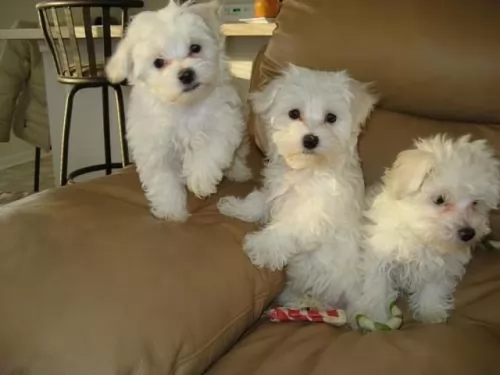 This is a pretty healthy breed with very few health issues. They have the usual large dog issues.
This is a pretty healthy breed with very few health issues. They have the usual large dog issues.
 Your Deutsch Drahthaar does shed, and because of his wiry coat, he won’t only require a brush twice a week, but also stripping by a professional doggy parlor.
Your Deutsch Drahthaar does shed, and because of his wiry coat, he won’t only require a brush twice a week, but also stripping by a professional doggy parlor.
There are several other grooming processes that are essential for your dog. The first is to check that his nails don’t get too long. This often happens when he spends all his time on soft grass. Running on a hard surface trims them down naturally.
Also, because he has floppy ears, they will need to be checked and cleaned regularly so he doesn’t get an ear infection. His teeth will also need to be brushed twice a week as tartar and plaque build-up can cause problems with the teeth but also with other areas of the body.
If in doubt about how to groom your pet the right way, speak to your vet or a dog expert.
There is so much conflicting information on caring for dogs, even from so-called dog experts. While there are some excellent dog food manufacturers around, some experts will say that you should be feeding your dog based on what his digestive system was designed to eat and steer clear of these.
If you do feed your German wirehaired Pointer with manufactured dog food, make sure it is the very best one, because after all, nutrition plays a vital role in your pet’s health.
Try to include some cooked vegetables, brown rice and some chicken into his diet. These can be mixed into his kibble. It is expensive, but try to include some raw meat into your dog’s diet from time to time. Ensure a constant supply of cool, fresh water.
If your Deutsch Drahthaar isn’t going to be used for breeding, make sure that your have him or her neutered or spayed as this is advisable to promote good health. Not doing it can cause health issues later on.
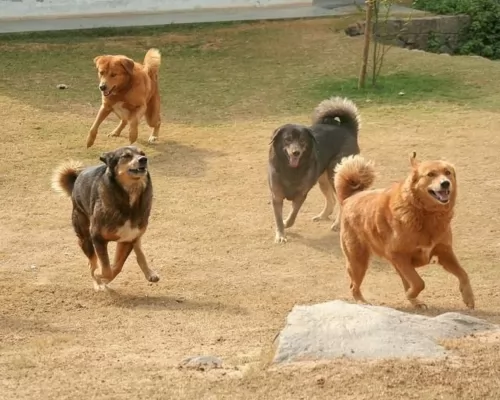 Feed the puppy 2-3 times a day with a total of two cups of a quality dog food for large breed dogs.
Feed the puppy 2-3 times a day with a total of two cups of a quality dog food for large breed dogs.
Feed the adult dog twice a day with 3 to 4 cups of a high quality dry dog food for large breed dogs.
They are very strong and athletic.
The Himalayan Sheepdog needs exercise but not to be overworked. They should be taken on long walks at least once a day. They might play fetch or run in a yard, but they don’t like too much exercise.